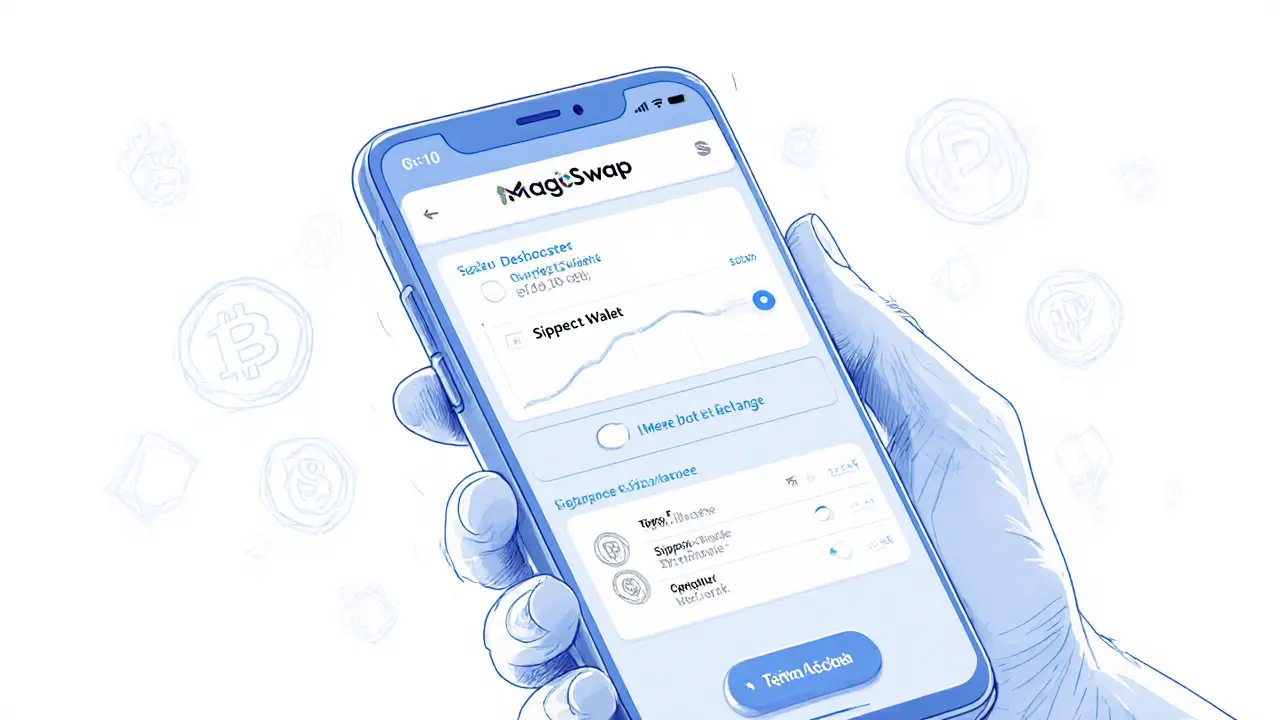Understanding Crypto Trading Fees
When navigating crypto trading fees, the charges you incur each time you buy, sell, or move digital assets. Also known as trading costs, it directly impacts your profitability and choice of platform. Most traders focus only on price charts, but overlooking fees can erode returns faster than market swings. In this guide we break down the main fee types, show how they connect, and give you practical ways to keep expenses low.
Key Fee Types and How They Interact
First up is exchange fees, the percentage or flat charge an exchange takes for each trade. These fees vary by platform, volume tier, and whether you use maker or taker orders. Exchange fees influence the overall cost of a trade and often dictate which exchange you’ll choose.
On many blockchain networks you’ll also encounter gas fees, the network fee paid to miners or validators for processing transactions. Gas fees are especially relevant on Ethereum and Binance Smart Chain, where they can double the cost of a simple token swap. Because gas fees are paid on-chain, they’re separate from exchange fees but together they form the total cost of moving assets.
Another piece of the puzzle is transaction fees, the charge levied by a blockchain for recording a transaction, sometimes called network fees. While gas fees are a subset of transaction fees on smart‑contract chains, traditional Bitcoin‑style networks use transaction fees alone. Understanding the difference helps you decide whether a cheaper on‑chain move is worth a slower confirmation time.
Finally, decentralized exchange fees, the costs incurred when trading on DEXs via liquidity pools add another layer. DEX fees often combine a small protocol fee with the underlying gas cost. For traders who value custody control, these fees are a trade‑off against the convenience and lower custody risk of centralized platforms.
Putting it together, crypto trading fees encompass exchange fees, gas fees, transaction fees, and DEX fees. To minimize overall cost you need to balance them based on your strategy, volume, and the network’s current congestion.
Below you’ll find a curated list of articles that dive deeper into each of these fee categories, compare popular exchanges, and share real‑world tips for shaving off unnecessary costs. Whether you’re a beginner just starting out or a seasoned trader looking for optimization, the collection gives you actionable insight to keep more of your profits.
MagicSwap Review: Is This New DEX Worth Your Trade?
A concise review of MagicSwap, the new decentralized exchange, covering fees, liquidity, pros, cons, and how it stacks up against major DEX platforms.
VIEW MORE
